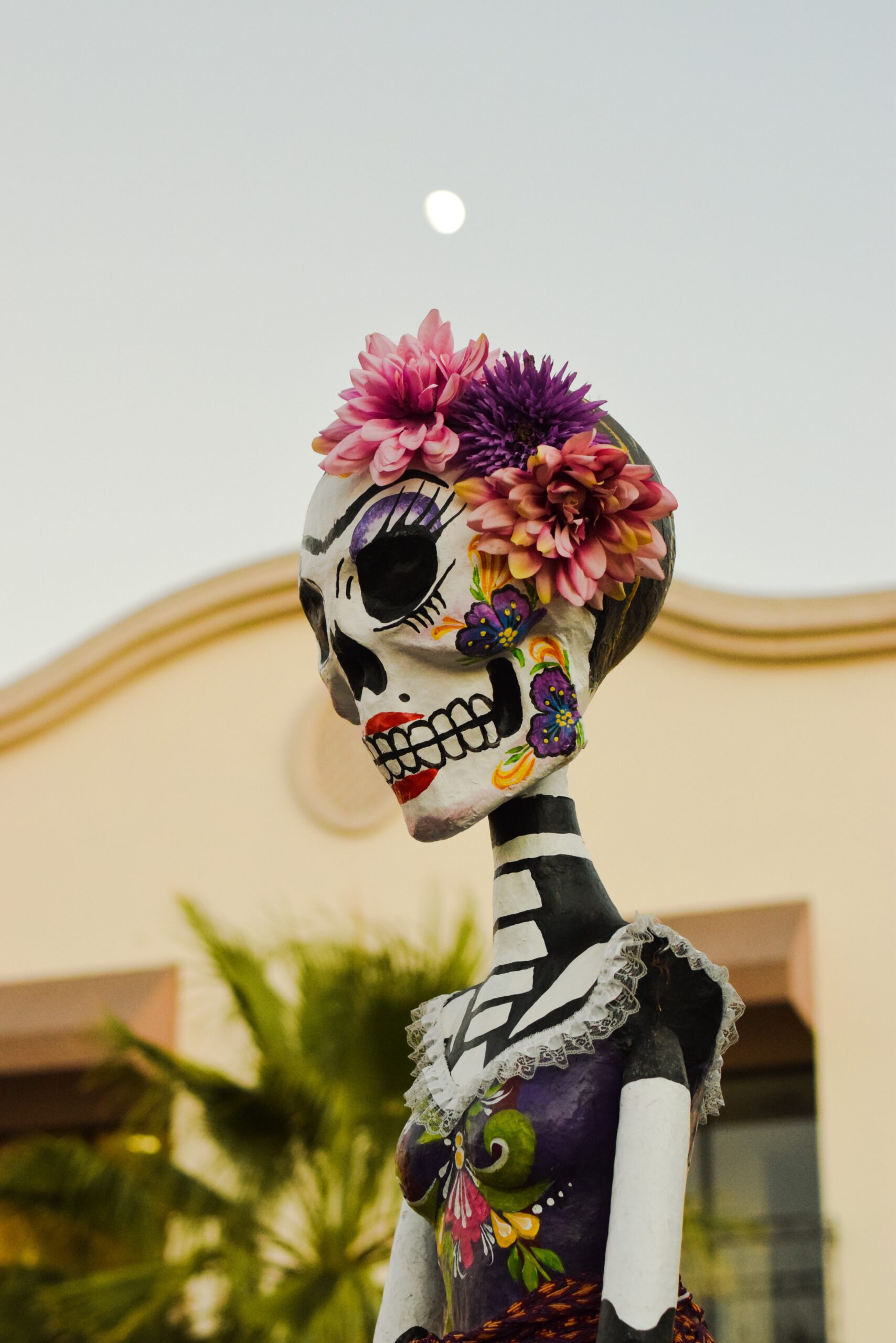
Autumn has long held a fascination for those who value reflection and nostalgia. The vibrant colors of changing leaves, the cooler temperatures that beckon us indoors, and the traditions that come with fall all contribute to a season rife with meaning. Among these traditions are two potent celebrations that shine a light on the importance of ritual and remembrance: Halloween and Día de los Muertos (Day of the Dead).
Halloween
Originating from the ancient Celtic festival of Samhain, Halloween marked the end of the harvest season and the beginning of winter. The Celts believed that on this night, the boundary between the living and the dead blurred, allowing spirits to return to the earth. Rituals, including the donning of costumes, were employed to ward off any malevolent spirits.
In modern times, Halloween has morphed into a celebration filled with costumes, candies, and frightful delights. But beneath the commercial façade lies a subtle, yet significant, nod to the past and the unknown. The practice of dressing up, carving pumpkins, and even telling ghost stories retains a semblance of our collective history and the human desire to connect with and remember our ancestors.
Día de los Muertos
While Halloween dances with the unknown, Día de los Muertos embraces it. Originating in Mexico but celebrated across Latin America, this festival is a colorful and joyous tribute to the deceased. Altars, or “ofrendas,” adorned with marigold flowers, candles, photographs, and favorite foods of the departed are set up in homes and cemeteries. The intention isn’t to mourn but to celebrate life and the belief that death isn’t an end, but a continuation of the journey.
The Role of Integrative Health
In our fast-paced world, the need for meaningful rituals and moments of remembrance has never been greater. As mental health challenges rise and societal pressures increase, many are turning to integrative health approaches and health and wellness coaching to find balance.
Integrative health, which combines conventional medicine with alternative therapies, often emphasizes the importance of holistic well-being. Practices such as meditation, yoga, and traditional herbal remedies can be seen as rituals in themselves, tools that connect individuals to ancient wisdom and provide grounding in the present.
Health and Wellness Coaching, on the other hand, guides individuals in creating personalized strategies for healthier lifestyles. Through this process, many rediscover the power of daily rituals—whether it’s a morning walk, journaling, or a mindful eating practice. These rituals, while modern, serve the age-old human need for consistency, reflection, and connection.
Bridging Past and Present Through Ritual and Reflection
As autumn unfolds and we engage in festivities like Halloween and Día de los Muertos, let’s remember that at their core, these celebrations emphasize the beauty of life, the mystery of death, and the importance of memory. Just as we turn to integrative health and wellness coaching to address modern challenges, we can also draw inspiration from age-old traditions to find grounding, purpose, and connection in today’s world. In embracing both, we bridge the gap between past and present, ensuring that the rituals and memories that have shaped us continue to guide and enrich our lives.